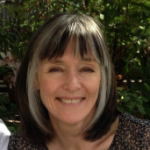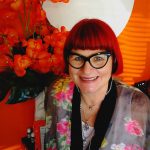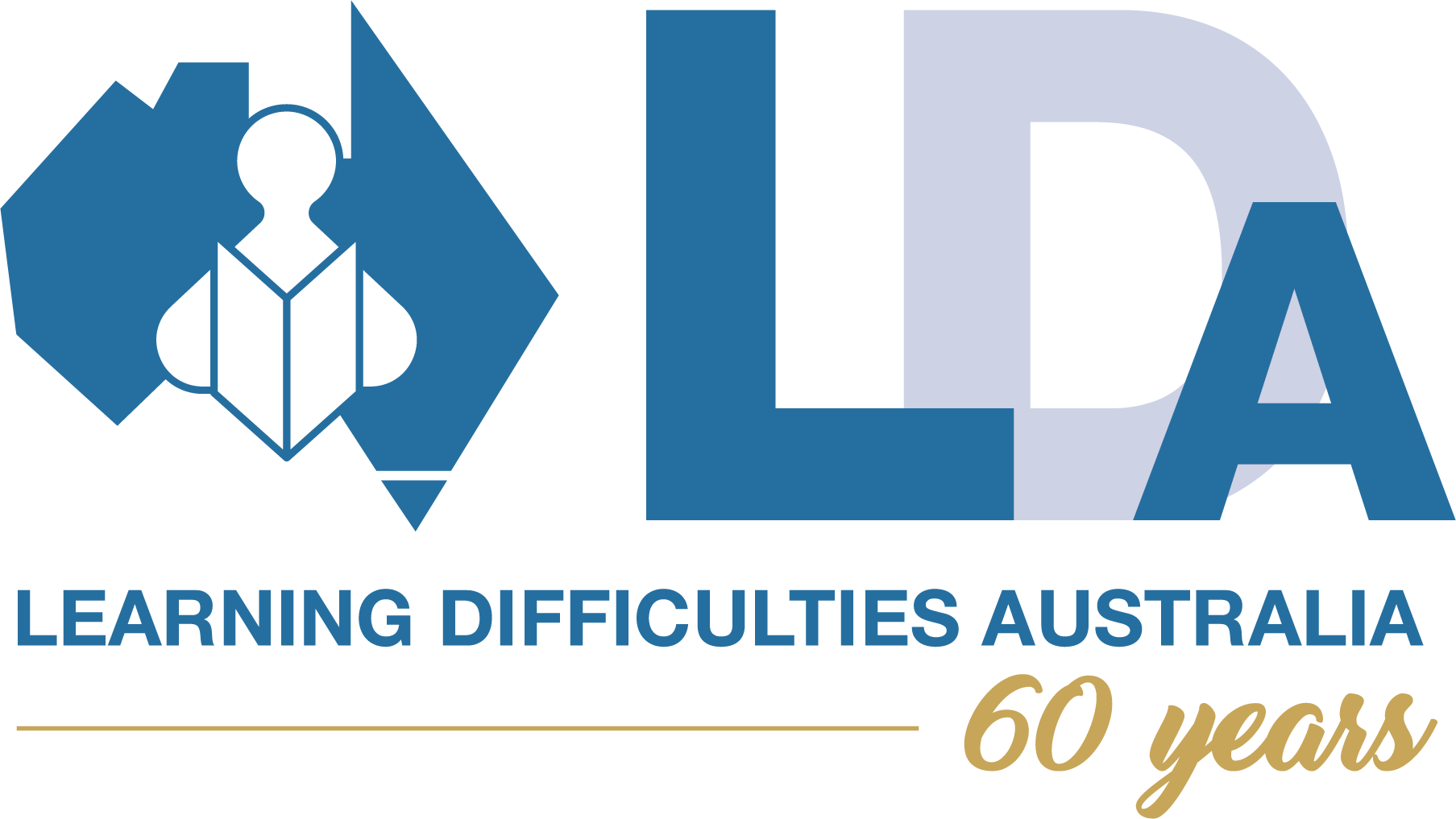“The Science of Writing” course will be run over 6 weeks starting 11th October 2021. This course will cover handwriting, grammar and sentences, paragraphs and essays. Presenting these sessions are three of Australia’s most highly respected professions in this field. This course is aimed at any educator interested in learning practical, evidence-based and results driven strategies that can be applied both in mainstream classes, small group and individualised support.
Online | Commences Monday 11 October 2021, 7:30pm – 9:00pm AEST.
Participants will have access to recordings of each session.
LDA Members $160 | Non-members $200
Not a member of LDA? Join now to access the discounted event price and more!
Sessions 1 & 2: Handwriting | Robyn Bartram
Many students commence school before establishing hand dominance and without an effective or efficient pencil grip. Others may struggle to learn how to form individual letters correctly, often starting in the wrong place and not positioning their letters on the writing line. Students who exhibit these early difficulties often go on to be unable to spell and write whole words, leave spaces between words, write coherent sentences, logical paragraphs and stories.
In this two-part webinar, participants will be introduced to the evidence-based strategies and activities to help students engage and make progress with their early writing skills. The impact of motor, executive, attentional and learning dysfunction on writing will be discussed and participants will learn some strategies to use to promote participation and improve performance in handwriting.
Sessions 3 & 4: Words & Grammar | Lyn Stone
The word “grammar” has been known to come with connotations of dry, boring pedantry. Its importance in a primary curriculum has been questioned for many years, and the answer has been disappointing (to grammar-loving folk anyway). Formal grammar teaching beyond “A noun is a naming word, a verb is a doing word…” has all but left building, but Lyn Stone wants to bring it back in.
In this two-part workshop, Lyn will present an argument that knowing what the parts of speech are really doing, why they’re put in their categories in the first place, and how to teach all that is an advantage to any teacher committed to raising the quality of writing instruction in the classroom. The presentation, of course, will have much room for questions and queries. Grammar is a deep and broad subject and requires robust discussion. Leave these sessions armed with ready-to-use tools to teach grammar, syntax and morphology in ways that don’t just let grammar back into the building, but throw open the doors and shout, “Get in here, you foxy minx!”
Sessions 5 & 6: Sentences, Paragraphs & Essays | Jenny Baker
The construction of extended written text is a complex process; it draws on multiple processes of ideation, language structure and mechanics. Students who struggle to write cohesively and coherently benefit from the provision of explicit (and reliable) “formulas” that help them navigate their way through the macrostructure of each text type.
In this two-part webinar, participants will be introduced to an issue-based text “formula” and a narrative-based text “formula”. In addition, the specific language features associated with each text type will be explored and examples will be provided. Participants will learn how to teach emphasis, imagery and atmosphere via specific linguistic devices.

After studying Occupational Therapy in Melbourne, Robyn worked at Preston and Northcote Community Hospital where she first encountered children with Developmental Coordination Disorder and began to develop techniques to improve their handwriting skills. Later Robyn worked at the Queen Victoria Hospital, with babies and new mothers. Following a period working at Western General Hospital with adults, Robyn worked at Lincoln Institute teaching in the physical therapy team.
Robyn moved to the United Kingdom in 1981 and established the Occupational Therapy service as part of the first Early Childhood Intervention Centre in South East Kent. Back in Melbourne, Robyn commenced her own private practice, in 1995, focussing on handwriting and fine motor skills. From 2003 until 2013 Robyn worked in a part-time capacity with the Hand Therapy team at the Royal Children’s Hospital. Since 2013, Robyn has concentrated fully on her private practice, which she operates with the assistance of a part-time contractor.

Lyn is an educational linguist and author. She lives and works in Victoria, Australia where she runs her consultancy and tutoring practice, Lifelong Literacy. Lyn creates research-informed professional development seminars for teachers and other education professionals. Her goal is to help teachers awaken linguistic curiosity in their students using creative, engaging tools and strategies that are based upon scientific consensus as to what constitutes best practice.
Lyn has extensive classroom-teaching experience and is regularly employed by schools on a contractual basis to provide specialist literacy education for groups of at-risk students as well as training for teachers. Her three books, Spelling for Life, Language for Life and Reading for Life have been well-received worldwide.

Jenny is a Speech pathologist who has been working in the area of spelling and written expression for over 30 years. She is one of the directors of Fremantle Speech Pathology Services, a busy private practice in Perth that works almost exclusively with school aged children. Jenny is also involved in the clinical education of speech pathology students, equipping them with the knowledge and experience required to operate in school-based settings.


